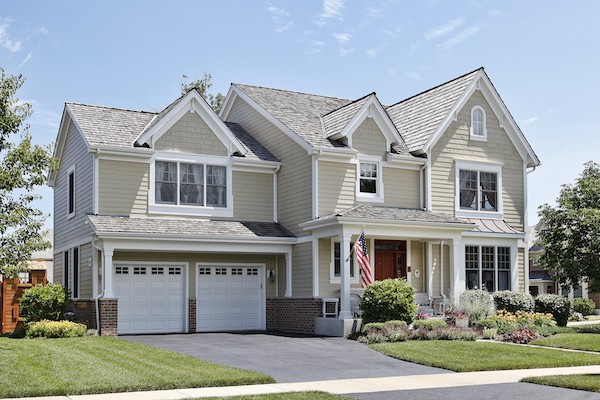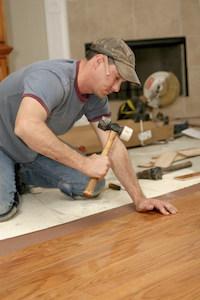
People make upgrades to their home for many reasons, just to name a few: It’s a new home and they want to put their personal touch on it. They have lived there a while and some upgrades would be nice for aesthetics or better use of a space. Or their house is getting ready to go on the market and a few upgrades would be more appealing to potential buyers. One perk for most upgrades to your home is it’s increase in value. Here are a few tips to help get the most bang for your buck:
Plan your remodel.
Remodels go more smoothly when done intentionally, with a plan instead of on a whim. Start slowly, it’s not a sprint. List the things you want to change and the updates you would like to make. Take the list and categorize by how much it may cost, including your time and money. Be realistic, take a look and prioritize what is a real “must have” and what is more of a dream. See if you can come away with a reasonable balance. If you’re planning on selling, talk to your realtor and make a selling plan and see what sort of return those improvements may bring. Some improvements will add considerably more value to your home than others.
 Tackle one room at a time.
Tackle one room at a time.
Make the commitment to tackle one room at a time. Whether it’s a simple coat of paint or knocking down a wall, by tackling one room at a time you keep projects achievable. If you set out to paint a living room wall on Saturday and you know what it will cost in time and money, it gets done. By the end of the day, you have a stylish upgrade that will add value to your home.
Small improvements can really pay off.
Everyone loves a beautiful new kitchen or bathroom. However, those are large projects that are a huge to tackle. Several smaller projects like replacing outlet covers, fresh paint, or updating plumbing fixtures can add up to make a big difference in the end.
Curb appeal counts.
Does the outside of your home look attractive, welcoming and structurally sound at first glance? You may feel your exterior needs an upgrade. Some things to note is the flow of your front or back yard and structural appearance. Does your home need new paint or stucco repair. Also, climate appropriate plants, clean and neat flower beds, and some brick pavers can go a long way.
Hire a certified home inspector.
You go to the doctor for physical exams and take your car in for checkups. Why not do the same for your house? A home inspection can be a valuable thing, whether you are selling or not. If you are selling, get your own inspector before you put your home on the market. The last thing you want is to have a contract on the table, only to hear the inspector has found dry rot. If you know in advance, you can take care of it.
 People make upgrades to their home for many reasons, just to name a few: It’s a new home and they want to put their personal touch on it. They have lived there a while and some upgrades would be nice for aesthetics or better use of a space. Or their house is getting ready to go on the market and a few upgrades would be more appealing to potential buyers. One perk for most upgrades to your home is it’s increase in value. Here are a few tips to help get the most bang for your buck:
People make upgrades to their home for many reasons, just to name a few: It’s a new home and they want to put their personal touch on it. They have lived there a while and some upgrades would be nice for aesthetics or better use of a space. Or their house is getting ready to go on the market and a few upgrades would be more appealing to potential buyers. One perk for most upgrades to your home is it’s increase in value. Here are a few tips to help get the most bang for your buck:


 Tackle one room at a time.
Tackle one room at a time.